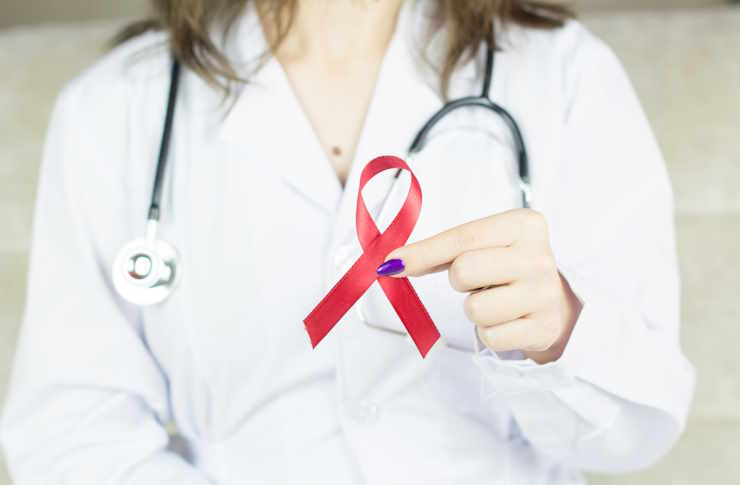5 Subtle Symptoms of Stomach Cancer Most People Miss
Learn about the subtle but important early warning signs of stomach cancer. Early detection can make a critical difference in treatment outcomes. This guide highlights the five most common but often overlooked stomach cancer symptoms to help you stay informed and proactive about your health.

What are the risks associated with stomach cancer?
Stomach cancer can affect anyone, but certain factors may increase an individual’s risk. These include a family history of gastric cancer, chronic inflammation of the stomach (gastritis), smoking, and a diet high in processed or salty foods. Additionally, infection with Helicobacter pylori bacteria and certain genetic conditions can contribute to the development of stomach cancer. Recognizing these risk factors and being aware of potential symptoms is essential for early detection and intervention.
How can persistent indigestion or heartburn be a warning sign?
Persistent indigestion or heartburn is often dismissed as a common digestive issue. However, when these symptoms become chronic or resistant to over-the-counter medications, they may indicate a more serious underlying condition, such as stomach cancer. Individuals experiencing frequent, unexplained indigestion or heartburn, especially if accompanied by other symptoms, should consult a healthcare professional for a thorough evaluation.
Why is unintended weight loss a cause for concern?
Unexplained weight loss is a subtle yet significant symptom that may signal the presence of stomach cancer. When cancer develops in the stomach, it can interfere with normal digestion and nutrient absorption, leading to unintentional weight loss. If an individual experiences a sudden, unexplained drop in weight without changes in diet or exercise habits, it is important to seek medical attention to rule out potential underlying causes, including stomach cancer.
How do early satiety and appetite changes relate to stomach cancer?
Early satiety, or feeling full after eating small amounts of food, can be an early indicator of stomach cancer. This symptom occurs when the tumor affects the stomach’s capacity or interferes with its ability to expand properly during meals. Additionally, individuals may experience a general loss of appetite or aversion to certain foods they previously enjoyed. These changes in eating patterns and appetite should not be ignored, especially if they persist over time.
What other subtle signs should people watch for?
While the aforementioned symptoms are important to recognize, there are other subtle signs that may indicate the presence of stomach cancer. These can include:
-
Abdominal pain or discomfort, particularly in the upper abdomen
-
Nausea or vomiting, especially after meals
-
Difficulty swallowing or feeling like food is stuck in the throat
-
Bloating or a feeling of fullness in the upper abdomen
-
Changes in stool color or consistency, including dark or tarry stools
It is important to note that these symptoms can be associated with various other conditions, but persistent or worsening signs should prompt a visit to a healthcare provider for proper evaluation and diagnosis.
Stomach cancer treatment options have evolved significantly in recent years, offering patients improved outcomes and quality of life. The most common approaches include surgery, chemotherapy, and radiation therapy, often used in combination depending on the stage and location of the cancer. Targeted therapies and immunotherapies are also emerging as promising treatment modalities for certain types of stomach cancer.
| Treatment Option | Description | Key Benefits |
|---|---|---|
| Surgery | Removal of cancerous tissue and affected lymph nodes | Can be curative in early-stage cases |
| Chemotherapy | Use of drugs to kill cancer cells | Can shrink tumors and prevent spread |
| Radiation Therapy | High-energy beams to destroy cancer cells | Can be used before or after surgery |
| Targeted Therapy | Drugs that target specific cancer cell features | May have fewer side effects than traditional chemotherapy |
| Immunotherapy | Stimulates the body’s immune system to fight cancer | Can be effective in advanced cases |
Prices, rates, or cost estimates mentioned in this article are based on the latest available information but may change over time. Independent research is advised before making financial decisions.
Early detection of stomach cancer is crucial for successful treatment and improved outcomes. By being aware of these subtle symptoms and seeking prompt medical attention when they persist, individuals can increase their chances of early diagnosis and effective intervention. Regular check-ups and open communication with healthcare providers about any unusual symptoms or changes in health are essential steps in maintaining overall well-being and catching potential health issues, including stomach cancer, in their early stages.
This article is for informational purposes only and should not be considered medical advice. Please consult a qualified healthcare professional for personalized guidance and treatment.




